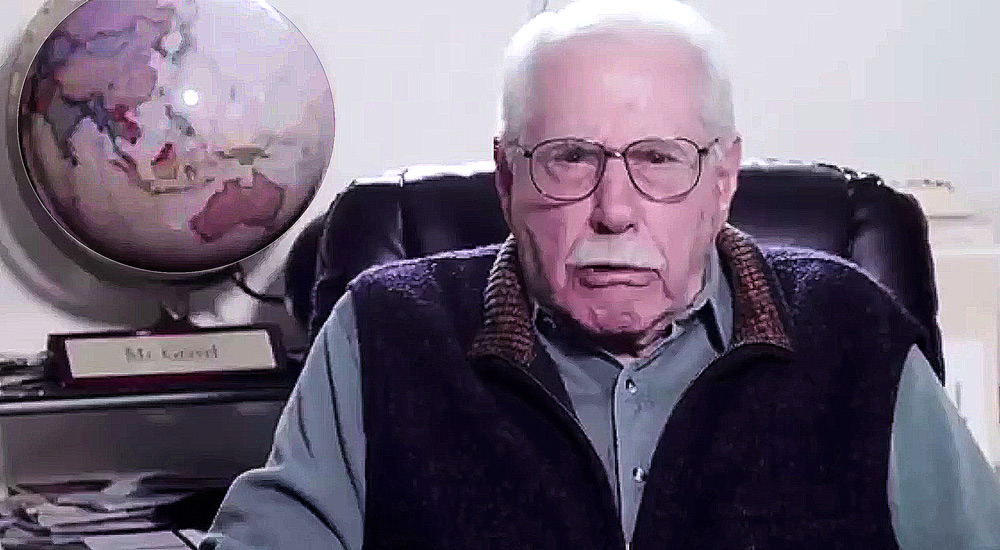The media won’t have my favorite Democratic presidential candidate to kick around anymore.
“Mike Gravel drops out of 2020 race,” Vox headlined Catherine Kim’s report. “He never wanted to be president anyway.” A subhead continued: “The former Alaska senator simply ran to get other candidates to talk about American imperialism.”
It was largely a Twitter campaign, which, as The New York Times featured months ago, was run by two teenagers, David Oks and Henry Williams. “It wasn’t exactly a bid for the presidency,” the paper cautioned, “but neither was it really a prank.”
The goal? Launch Gravel — and, moreover, his issues — onto the debate stage. Though the campaign garnered enough individual donors to qualify, his lackluster polling results kept the former U.S. Senator out of prime time.
During the Vietnam War, Sen. Gravel worked to end the military draft and had the courage to read the Pentagon Papers into the Senate record in order to inform the public about the war. After leaving the Senate, Gravel continued his battle against U.S. military intervention, as well as advocating for initiative and referendum.
Back in 2008, in another quixotic presidential bid, he succeeded getting into the debates, lobbing in a few much-needed zingers. He was 77-years-old then; today he is 89.
Oks’ and Williams’ “real goal was to inject Gravel’s far-left views,” informed FiveThirtyEight.com, “into the primary.”
Though I disagree with Mike Gravel on a number of his “far-left” issues — and for endorsing Bernie Sanders for president — he has my utmost respect.
And if “ending ‘imperialist’ wars, legalizing drugs and enacting dramatic political reforms” be “far left,” make the most of it.
This is Common Sense. I’m Paul Jacob.

—
See all recent commentary
(simplified and organized)










